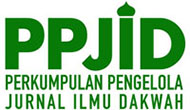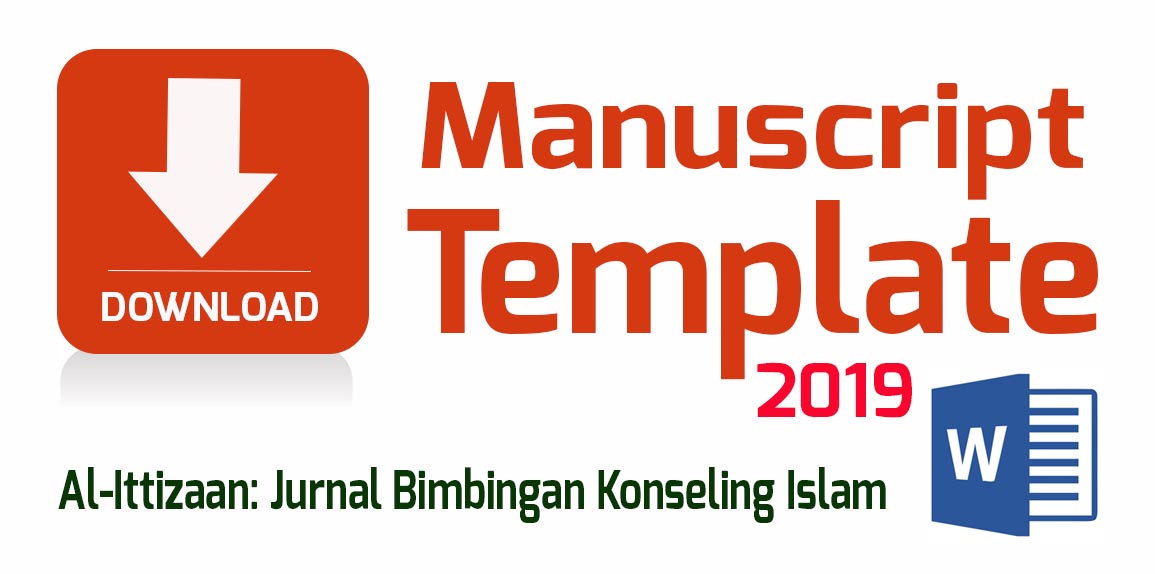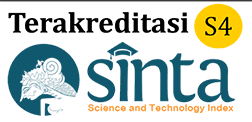Peran Protektif Dukungan Sosial Teman Sebaya dalam Mengurangi Stres Akademik Mahasiswa Gen Z
Abstract
Keywords
Full Text:
PDFReferences
Acharya, A. S., Prakash, A., Saxena, P., & Nigam, A. (2013). Sampling: Why and how? Indian Journal of Medical Specialities, 4(2), 330–333.
Basar, A., & Others. (2021). Social relationships and coping strategies of students. Journal of Behavioral Sciences. https://doi.org/DOI unavailable
Bowen, K. S., & others. (2013). The stress-buffering effects of functional social support on ambulatory blood pressure. Annals of Behavioral Medicine, 46(3), 315–325. https://www.ncbi.nlm.nih.gov/pmc/articles/PMC4090296/
Cohen, S., & Wills, T. A. (1985). Stress, social support, and the buffering hypothesis. Psychological Bulletin, 98(2), 310–357. https://doi.org/10.1037/0033-2909.98.2.310
Conley, C. S., Durlak, J. A., & Dickson, D. A. (2014). An evaluative review of outcome research on universal mental health programs for higher education students. Journal of American College Health, 61(5), 286–301. https://doi.org/DOI unavailable
Creswell, J. W., & Creswell, J. D. (2018). Research Design: Qualitative, Quantitative, and Mixed Methods Approaches (5th ed.). SAGE.
Dillman, D. A., Smyth, J. D., & Christian, L. M. (2014). Internet, Phone, Mail, and Mixed-Mode Surveys: The Tailored Design Method (4th ed.). Wiley.
Etikan, I., & Bala, K. (2017). Sampling and sampling methods. Biostatistics International Journal, 5(6), 215–217.
Etikan, I., Musa, S. A., & Alkassim, R. S. (2016). Comparison of convenience sampling and purposive sampling. American Journal of Theoretical and Applied Statistics, 5(1), 1–4.
Evans, J. R., & Mathur, A. (2018). The value of online surveys: A look at the past and the future. Internet Research, 28(4), 854–887.
Field, A. (2018). Discovering Statistics Using IBM SPSS Statistics (5th ed.). SAGE.
Firdiansyah, R. (2020). Hubungan dukungan sosial dan stres akademik mahasiswa. Jurnal Pendidikan.
Fried, E. I. (2020). Lack of theory building and testing impedes progress in the factor and network literature. Psychological Inquiry, 31(4), 271–288. https://doi.org/10.1080/1047840X.2020.1853461
Ghasemi, A., & Zahediasl, S. (2012). Normality tests for statistical analysis: A guide for researchers. International Journal of Endocrinology and Metabolism, 10(2), 486–489.
Gliem, J. A., & Gliem, R. R. (2003). Calculating, interpreting, and reporting Cronbach’s alpha reliability coefficient for Likert-type scales. Midwest Research-to-Practice Conference in Adult, Continuing, and Community Education, 82–88.
Jannah, M. (2020). Peer support and academic stress among university students. Journal of Educational Psychology.
Johnson, B., & Christensen, L. (2019). Educational Research: Quantitative, Qualitative, and Mixed Approaches (7th ed.). SAGE.
Maymon, R., & Hall, N. C. (2021a). A review of First-year student stress and social support. Social Sciences, 10(12). https://doi.org/10.3390/socsci10120472
Maymon, R., & Hall, N. C. (2021b). First-year students’ adaptation: The role of peer social support in coping with academic stress. Higher Education Research & Development, 40(3), 567–583. https://doi.org/10.3390/socsci10120472
Misra, R., & Castillo, L. G. (2004). Academic stress among college students: Comparison of American and international students. International Journal of Stress Management, 11(2), 132–148. https://doi.org/DOI unavailable
Osborne, J. W., & Waters, E. (2002). Four assumptions of multiple regression that researchers should always test. Practical Assessment, Research & Evaluation, 8(2), 1–9.
Pallant, J. (2020). SPSS Survival Manual: A Step-by-Step Guide to Data Analysis Using IBM SPSS (7th ed.). McGraw-Hill.
Pascoe, M. C., Hetrick, S. E., & Parker, A. G. (2020). The impact of stress on students in higher education: A systematic review of psychological interventions. International Journal of Adolescence and Youth, 25(1), 104–112. https://doi.org/10.1080/02673843.2019.1596823
Pidgeon, A. M., Rowe, N., Stapleton, P., & Lo, B. C. Y. (2014). Examining characteristics of resilience among university students. Australian Journal of Psychology, 66(3), 188–195. https://doi.org/10.1111/ajpy.12050
Salmon, A., & Santi, H. (2021). Social support as predictor of academic stress. Journal of Student Wellbeing, 15(1), 33–49. https://doi.org/DOI unavailable
Smith, D., Harper, R., & Collins, B. (2022). Perceived social support as a buffer against stress in university contexts. Journal of Educational Psychology, 114(8), 1651–1664. https://doi.org/10.1037/edu0000708
Taber, K. S. (2018). The use of Cronbach’s alpha when developing and reporting research instruments in science education. Research in Science Education, 48(6), 1273–1296. https://doi.org/10.1007/s11165-016-9602-2
Taherdoost, H. (2016). Sampling methods in research methodology: How to choose a sampling technique for research. International Journal of Academic Research in Management, 5(2), 18–27.
Tavakol, M., & Dennick, R. (2011). Making sense of Cronbach’s alpha. International Journal of Medical Education, 2, 53–55. https://doi.org/10.5116/ijme.4dfb.8dfd
Taylor, S. E. (2011). Social support: A review of psychological theory and evidence. Annual Review of Psychology, 62, 139–166. https://doi.org/10.1146/annurev.psych.040708.143312
Uchino, B. N. (2009). Understanding the links between social support and physical health: A life-span perspective with emphasis on the separable pathways of social support. Perspectives on Psychological Science, 4(3), 236–255. https://doi.org/10.1111/j.1745-6924.2009.01122.x
Zhao, X., Xiao, Y., & Zhang, L. (2023). Academic stress and mental health among university students: Cognitive processes and sleep quality as mediators. Journal of Affective Disorders, 322, 15–23. https://doi.org/10.1016/j.jad.2022.12.020
Zhou, Y., & Yao, B. (2020). The role of perceived social support in college students’ mental health adjustment. Journal of Adolescence, 80, 34–44. https://doi.org/10.1016/j.adolescence.2020.01.002
DOI: http://dx.doi.org/10.24014/ittizaan.v8i2.38518
Refbacks
- There are currently no refbacks.
Copyright (c) 2025 Al-Ittizaan: Jurnal Bimbingan Konseling Islam

This work is licensed under a Creative Commons Attribution 4.0 International License.
 Indexed By:
Indexed By:
Al-Ittizaan Journal is licensed under a Creative Commons Attribution 4.0 International License.








.png)


